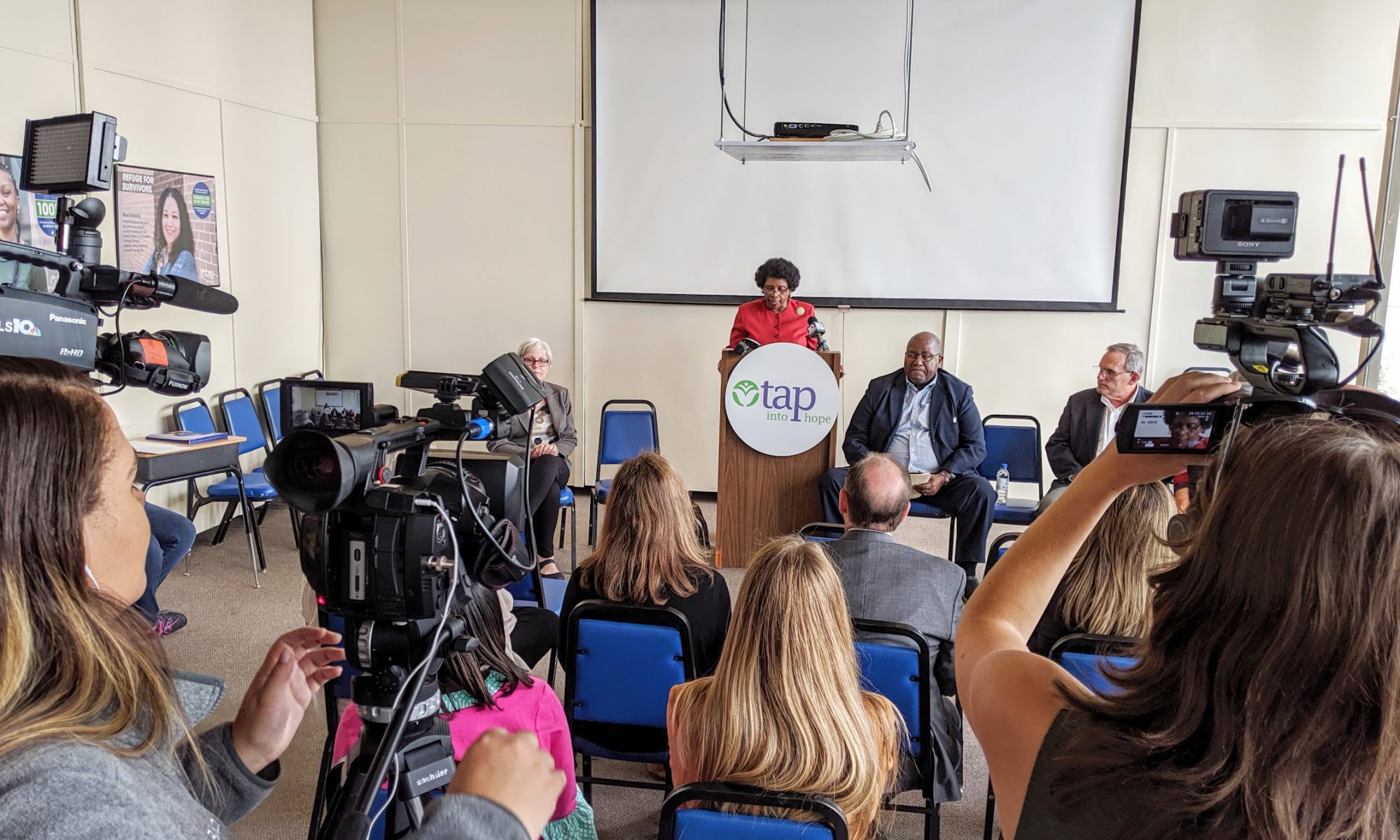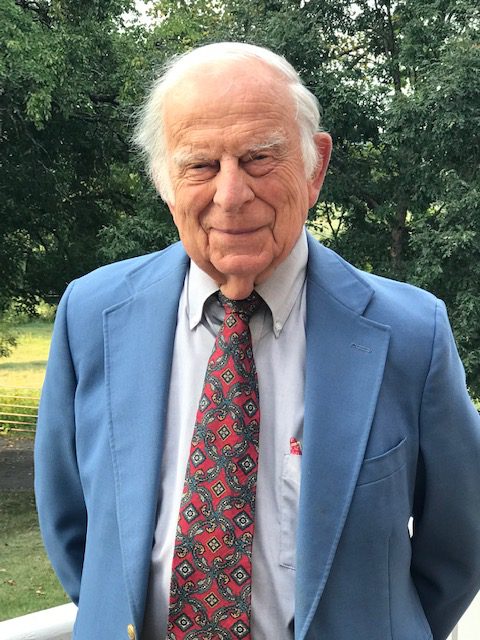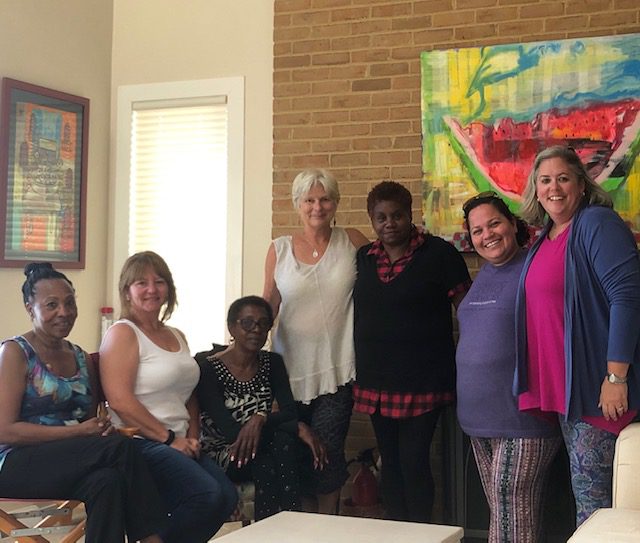TAP to Launch New Program for Women in Recovery
TAP is starting a new program for women in recovery.
Southwest Virginia is at the center of the nation’s opioid crisis. Overdose and neonatal abstinence syndrome rates far in excess of state and national averages.
Total Action for Progress (TAP) is excited to announce a new program, RESTORE (Re-employment, Support, and Training for the Opioid-Related Epidemic) Southwest Virginia. TAP is one of only five agencies in the United States to be granted funds for this program for women in recovery.
RESTORE Southwest Virginia will assist families impacted by the opioid crisis in three regions:
- Greater Roanoke,
- New River Valley
- Alleghany Highlands
The program will provide career services and job training to women in two groups:
- Women with an opioid use disorder (OUD) who are in recovery and have progressed far enough in their recovery to where training and/or improved employment is a benefit to sustaining their recovery.
- Women who find themselves with greater financial responsibility for sustaining a household impacted by the opioid crisis. This may include grandmothers raising grandkids or female heads of household where the father’s ability to contribute to household income is impacted by the opioid crisis.
This program is made possible by a grant from the U.S. Department of Labor—Through this grant, TAP plans to serve 120 women throughout Greater Roanoke, the New River Valley, and Alleghany Highlands.
On hand at the press conference for the announcement were Mayor Sherman Lea, City of Roanoke; Mayor Thomas Sibold, City of Covington; Senator John Edwards and other invited guests to applaud this new regional effort.



